Ever since I was in elementary school, I can remember a school project where I presented that the most important motto to me is “Family First”. This thinking was engrained into my upbringing from a very early age. On surface level, it’s quite beautiful. Family truly will always mean so much to me. However, at what point does putting family first actually produce experiences that invalidate, isolate, and create unhealthy attachment?
This question came to me as I learned more about a psychology term called enmeshment. According to the American Psychological Association, enmeshment is:
a condition in which two or more people, typically family members, are involved in each other’s activities and personal relationships to an excessive degree, thus limiting or precluding healthy interaction and compromising individual autonomy and identity.
When not confronting these unclear boundaries within relationships, it can be hard to develop independence and personal responsibility in your own individual choices.
So how can we begin to move away from “family first” to a “you first” mentality?
Acknowledge your emotions
When in the moment of an interaction with a family member or upon reflection, learn to acknowledge what it is that you need. Identify how the interaction made you feel. Was the other person angry and therefore you were angry? Did the other person’s emotions greatly affect your outlook? Take responsibility for your emotions, only. Begin to acknowledge when the separation of emotions needs to occur.
Create boundaries
Generally, when you are used to being in an environment that lacks boundaries, when you begin to create them, those affected don’t typically like it. The emotional reaction may be one of anger and frustration. This does not mean you are wrong. It’s a change in energy and it’s important to continue to strengthen these boundaries that have gone unpracticed.
Enjoy life on your own
Creating hobbies, activities, and other healthy relationships can help you create the independence you may have been missing. What do you enjoy doing – independent of the relationships you are trying to heal – to nurture your physical, mental and emotional needs? If self care is new for you, this list of 100 self care tips may help get you started.
Seek therapy
Much of this work of acknowledging and seeing where a lack of boundaries is occurring can be discovered through therapy. There is a database you can filter for specific needs on Psychology Today.
What are your thoughts about “family first” after reading all of this?






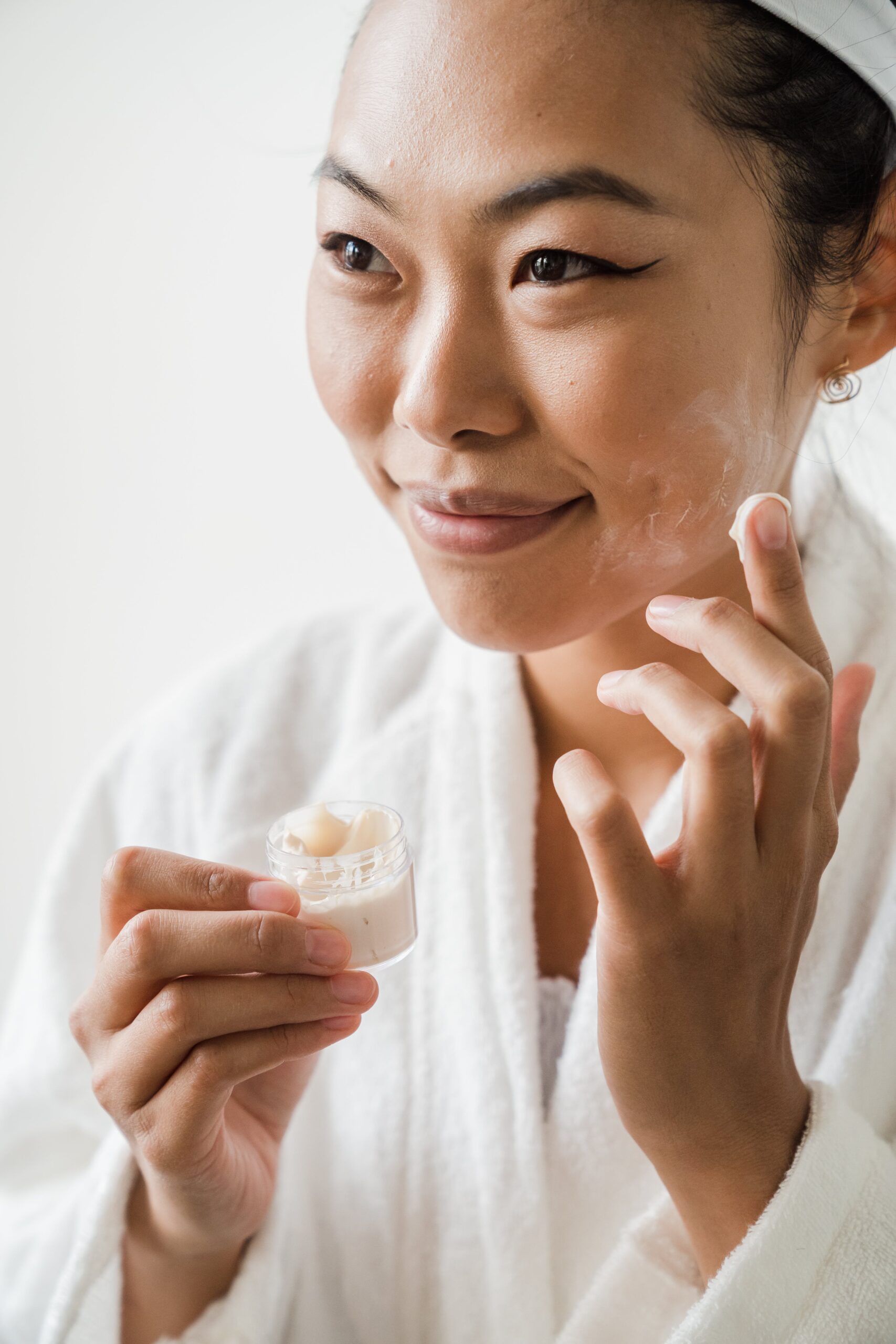
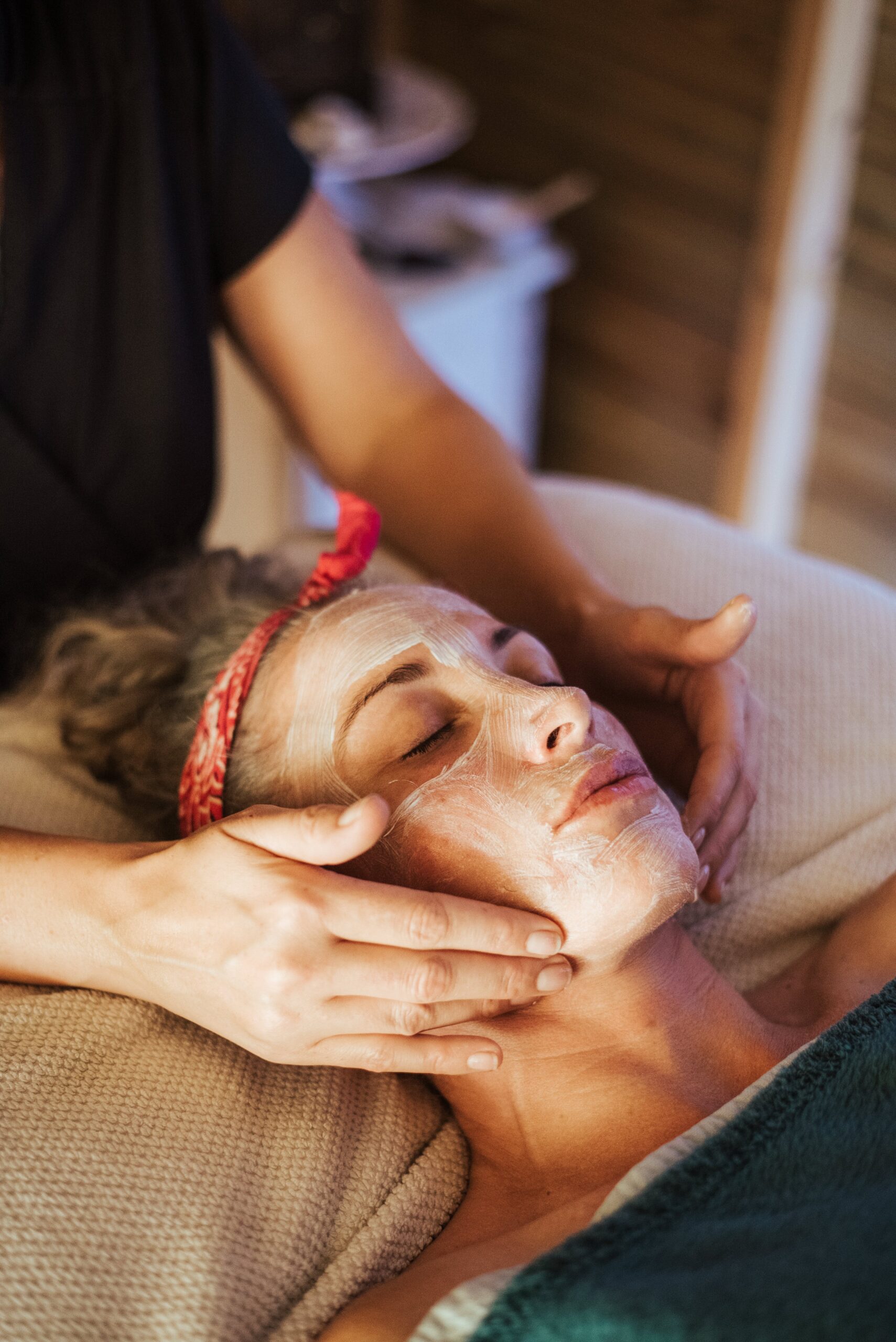



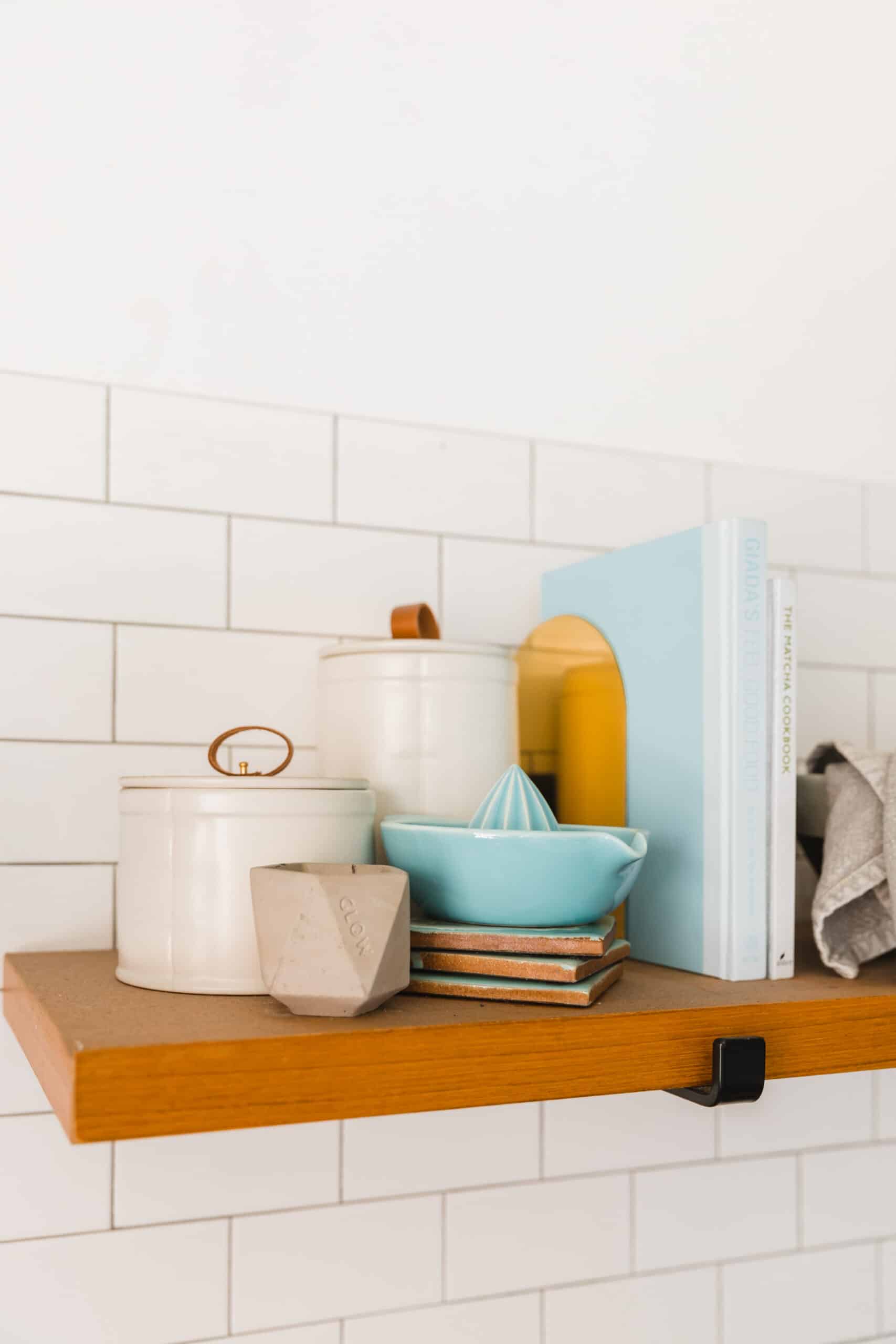
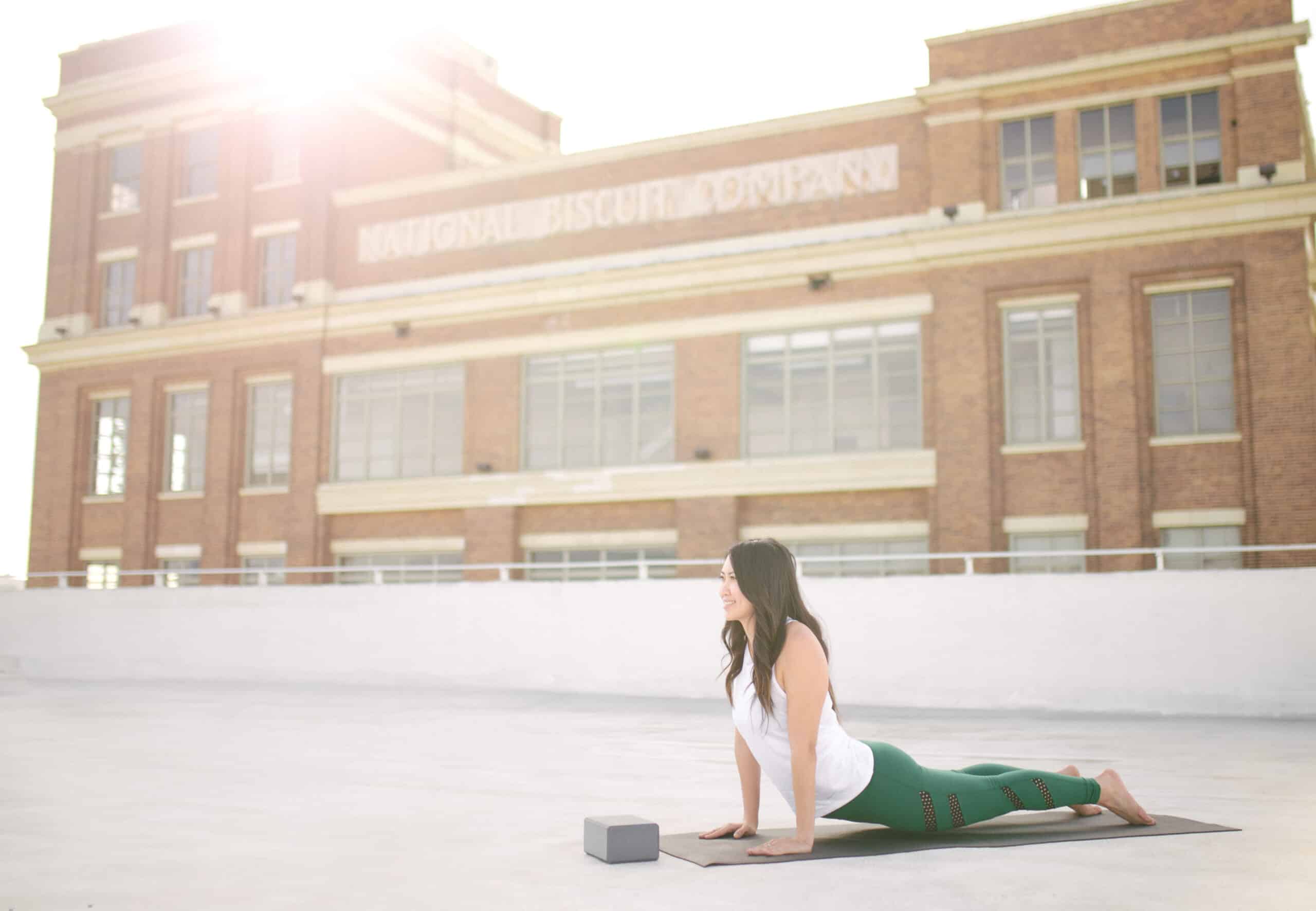

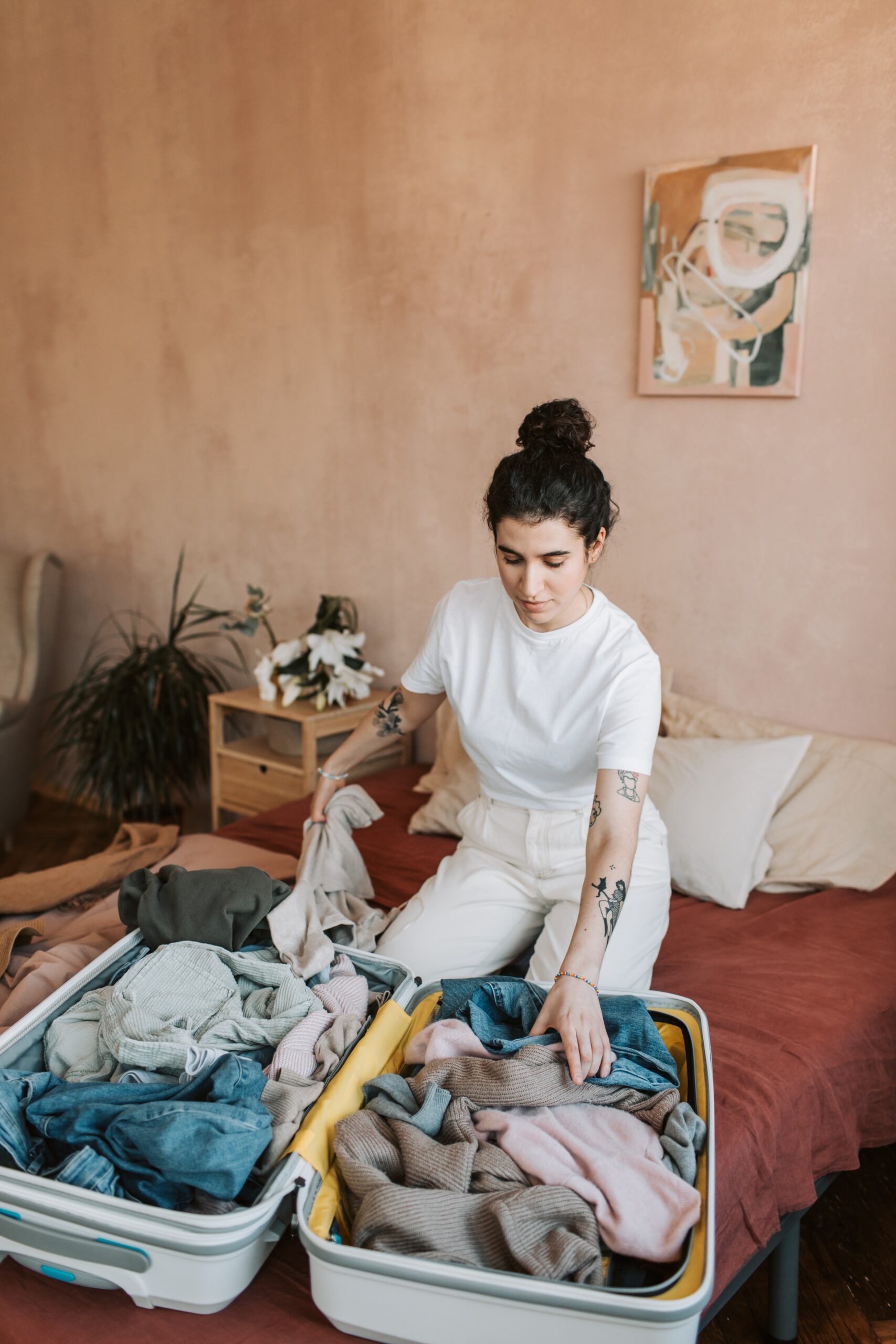









Hi Rachel, thank you for your article. In the midst of my struggle, it helped me to understand myself better. I’ve never heard about “enmeshment” concept before, so it was really eye-opening to learn about it.